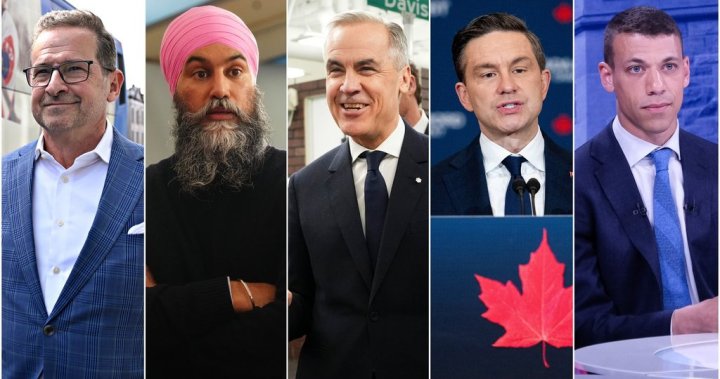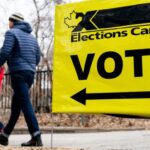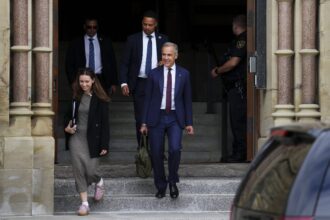Quebec Election 2024 Voter Sentiment Shifts Amid Unity Fears
A seismic shift in voter sentiment is rippling through Quebec as the province approaches its 2024 election, with mounting concerns about national unity and economic stability driving unexpected political realignments. Recent polling data suggests a complex electoral landscape where traditional party loyalties are being tested against pragmatic considerations of Quebec’s future within Canada.
According to a comprehensive survey conducted by the Montreal Institute for Public Opinion, support for sovereignty-focused platforms has declined 8 percentage points since the last election cycle, while parties emphasizing economic cooperation with Ottawa have seen their support surge, particularly among voters under 35.
“What we’re witnessing is not necessarily a rejection of Quebec’s distinct identity, but rather a pragmatic reassessment of how that identity can best thrive in today’s economic and political reality,” explains Dr. Marie Tremblay, political scientist at Université de Montréal. “Younger voters especially are expressing concerns about economic opportunities that transcend provincial boundaries.”
Economic Headwinds and Party Scrutiny
The shift comes amid challenging economic headwinds facing the province, with inflation and housing affordability ranking as top voter concerns in all regions. The Coalition Avenir Québec (CAQ), which has dominated provincial politics since 2018, faces growing scrutiny over its economic management record, creating openings for opposition parties with fresh economic visions.
In Gatineau, small business owner Jean-Philippe Moreau typifies this evolving sentiment: “I’ve always been proud of Quebec’s distinct culture, but my business depends on cross-border trade with Ontario. Political rhetoric that threatens that relationship directly threatens my livelihood and my employees.”
Regional Shifts and Changing Priorities
The polling reveals particularly notable changes in traditionally nationalist strongholds like Saguenay and parts of Quebec City, where economic concerns are increasingly taking precedence over sovereignty questions. This has created a complex electoral map where regional issues sometimes supersede provincial narratives.
Global and Indigenous Perspectives
International factors are also influencing voter considerations. “Global economic uncertainty has made voters more risk-averse,” notes financial analyst Pierre Couture at the CO24 Business desk. “The appetite for major constitutional changes diminishes when economic security feels precarious.”
Party strategists are scrambling to adjust messaging accordingly. Internal campaign documents obtained by CO24 show opposition parties recalibrating their platforms to emphasize economic security while carefully navigating Quebec identity politics—a delicate balance that has upended previous electoral calculations.
Indigenous communities across Quebec also report shifting priorities. “Our concerns about land rights, environmental protection, and economic development need to be addressed regardless of who forms government,” says Ellen Gabriel, respected Mohawk leader from Kanesatake. “But the tone of cooperation or confrontation with federal authorities directly impacts our ability to make progress on these issues.”
Youth Mobilization and Political Evolution
University campuses have become particularly active political battlegrounds, with student organizations mobilizing around affordable housing and climate policy. Youth voter turnout, historically lower than other demographics, could prove decisive if these mobilization efforts succeed.
Political analysts appearing on CO24 Politics programs have noted that while sovereignty sentiment remains an undercurrent in Quebec politics, its expression has evolved. “Today’s discussions center more on practical autonomy within specific policy domains rather than outright independence,” observes veteran political commentator Claude Bérubé.
Electoral Uncertainty and Future Pathways
The fluidity of the electoral landscape has introduced significant unpredictability into the race, with some analysts suggesting that riding-level results could produce surprising outcomes under Quebec’s first-past-the-post system.
As Quebec voters prepare to cast their ballots in what promises to be a pivotal election, the fundamental question emerges: can Quebec’s political class adapt to this evolving voter sentiment that seeks both cultural distinctiveness and pragmatic economic cooperation, or will the traditional sovereignty-federalist divide reassert itself as election day approaches?










